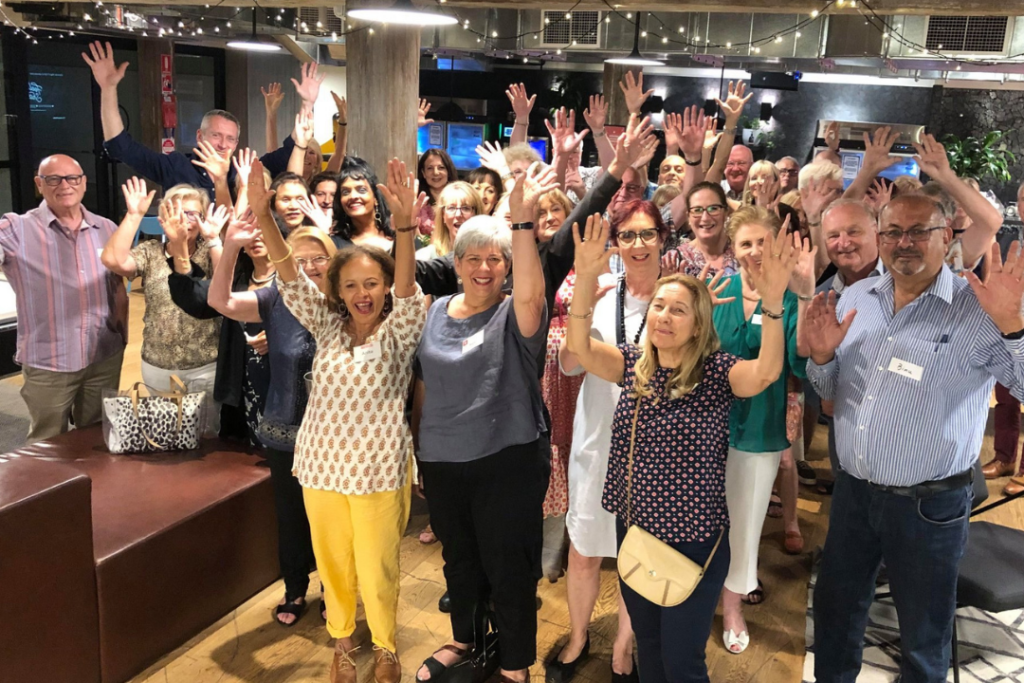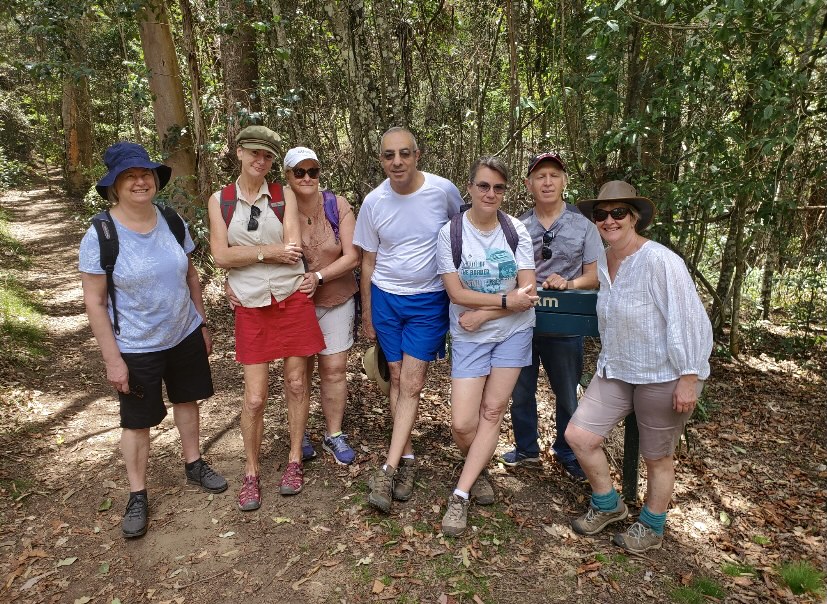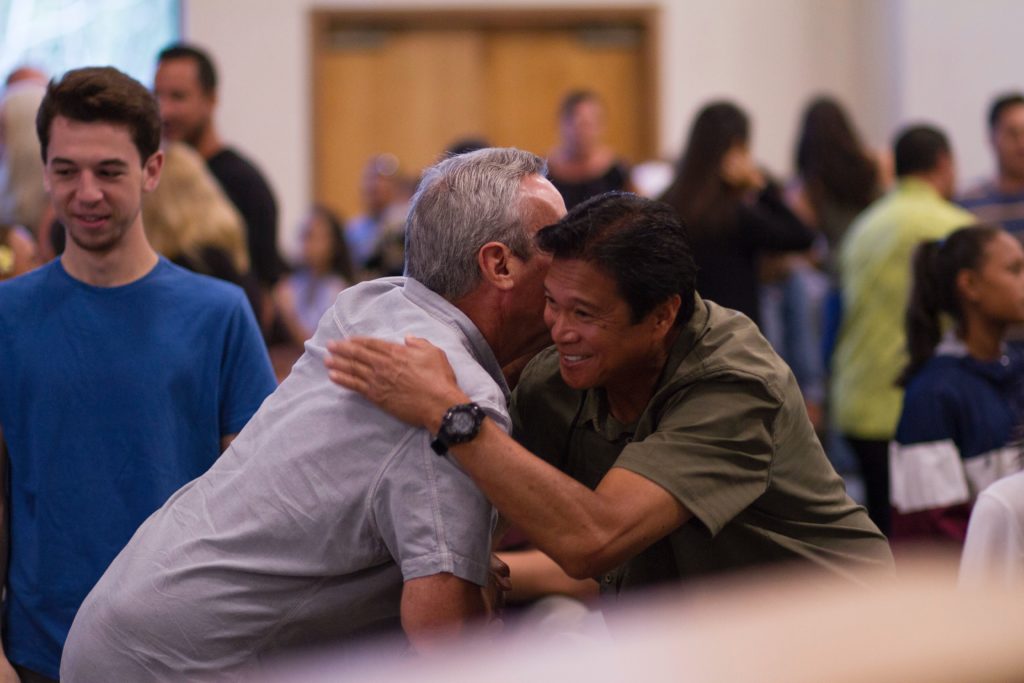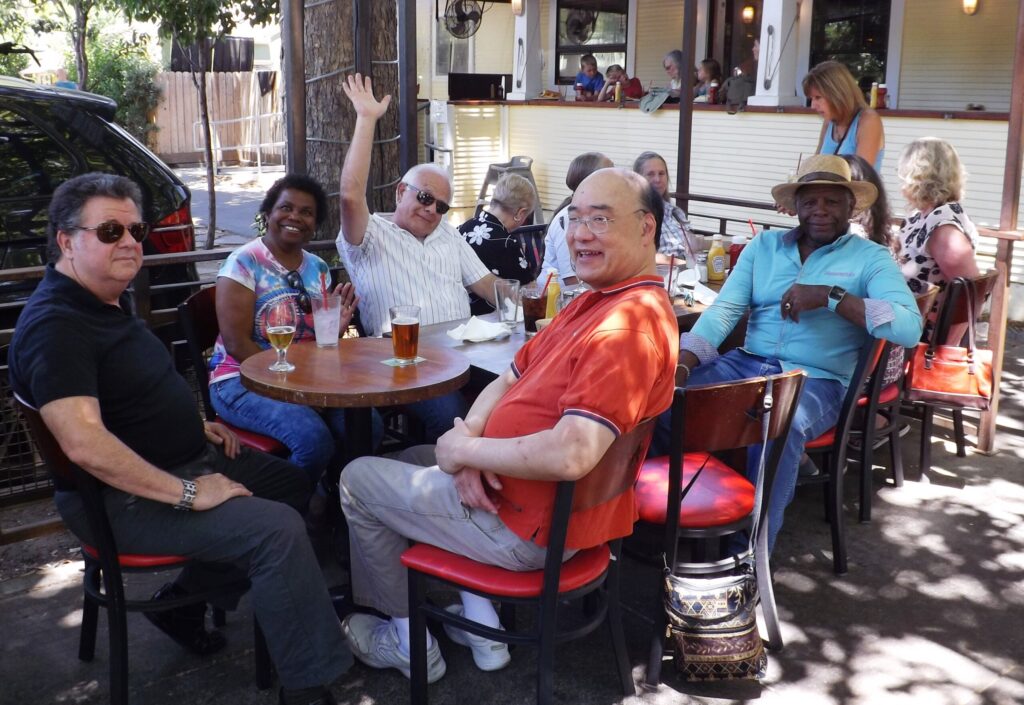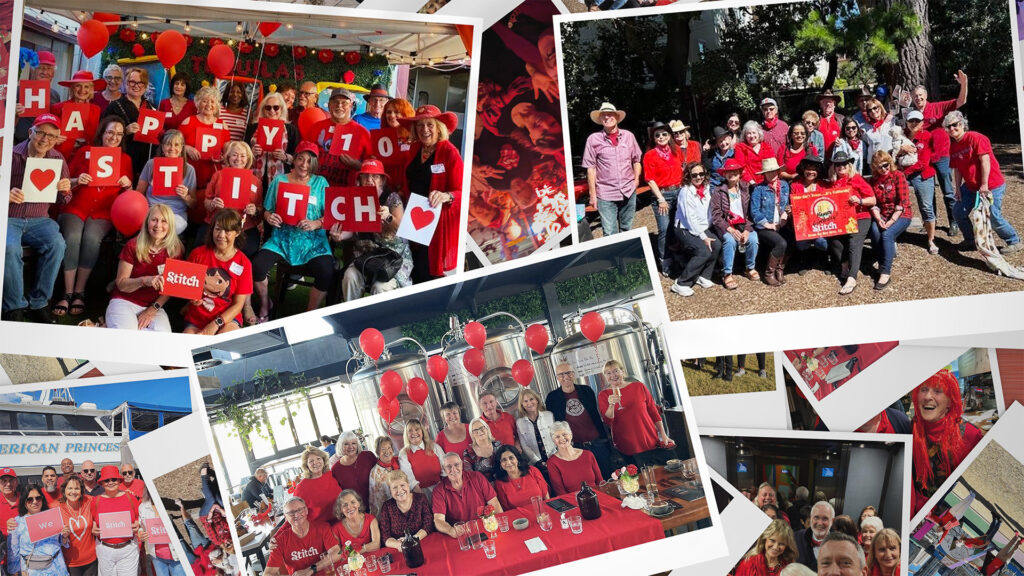No, it’s not just you. It does get harder to make friends as we get older.
When we’re younger, life brings us opportunities to make new social connections without us needing to put too much thought into actively seeking them out, whether that’s at school, college, in the workplace, or meeting other parents through our kids.
At some point, however, those opportunities stop happening. And at the same time, there are plenty of factors that make our social circles shrink as we age. Friends can drift apart; you might move to a brand new city; divorce plays a role, and of course, we can lose friends because of illness and even death.
With all these forces at work, it shouldn’t be a surprise that most people end up feeling isolated at some point in their lives. It’s not just likely, it’s almost inevitable. And for many people, it’s more than just feeling a little isolated: as many as one-quarter of adults and mature-aged groups feel lonely on a regular basis.
Many of us reach this point without ever learning how to actively make new friends, which is why, for many people, making friends as an older adult can sometimes feel the most difficult and daunting thing in the world.
With all these things considered, you might find yourself asking whether it is even possible to make new friends once you reach 50 and beyond.
The good news is: yes, you can! My role with Stitch means I’m lucky enough to have seen it firsthand thousands of times: no matter how old you are, it’s totally possible to make new friends as an adult. All you need to do is relax, be prepared to try something new, and let yourself get a little help along the way.
Here are our tips on making it happen.
5 tips on how to make friends as an adult
There are an increasing number of studies proving how important friendships are for our mental and physical health. From reducing our stress levels to giving our life meaning, let’s look at five ways we can make friends as an adult so we can reap all the wonderful benefits!
1. Do things you love and enjoy
If there is only one tip you remember from this article, it should be this one — pursue your interests and do things you love, and be sure to put yourself in an environment where you meet people who love those things too.
It’s one thing to say you like photography, going for long walks, or 70s concerts. But if you get out there and get engaged in an activity that you like, you know that anyone you meet there is going to share those interests with you too.
That’s one of the reasons we made events and activities such an integral part of meeting new friends on Stitch. Our members told us that attending an activity they were interested in made them feel a lot less pressure than if they were meeting someone one-on-one. Group activities are easy to take part in, and even if you don’t immediately make a new friend, you’ll still end up having a good time doing something you enjoy.
Of course, Stitch is far from the only option available to you to find an activity you enjoy; there are many social groups, clubs, and interest-based organizations you can join. Just make sure you take the first step to try something new and meet new people doing something you enjoy — it’s not as hard as you think!
2. Volunteer in your spare time
Volunteering for a cause you believe in is not only a meaningful way to give back to your community and help others in need, it’s a great way to make like-minded new companions.
Regardless of your interests or passions, there is sure to be a volunteering opportunity near you. Do you love animals? Reach out to animal shelters in your local area and enquire about their volunteering opportunities. Are you passionate about nature or gardening? Seek opportunities that allow you to plant new trees or create community vegetable gardens.
If you would like to volunteer from the comfort and safety of your home, many organizations allow you to volunteer remotely. View remote opportunities at Seek Volunteer (for Australian volunteers), VolunteerMatch, or others.
Aggie from Toronto, Canada, was passionate about addressing loneliness and social isolation in people over 50, as she was experiencing these feelings herself. Becoming a Community Champion Volunteer for WipeOutLoneliness.org (the not-for-profit community at the heart of Stitch) required her to host regular activities for the Stitch community as a way of helping members — who are all over 50 years old — stay connected, entertained, and supported.
Since becoming a volunteer, Aggie’s social events, dance classes, and online discussions have enriched the lives of many other members and she’s made wonderful friends along the way.
As she says, “I was working full time, single, lonely and isolated… When I started volunteering, I wanted to help and fill my lonely spare time with something meaningful. I didn’t know that by helping others, I would be helping myself the most. Several months after becoming a volunteer, I can now say I am busy, happy, and have plenty of friends who are Stitch members in Toronto, Ontario, and worldwide!”
You can read more about Aggie’s story here.
No matter what causes you support or where your interests lie, be sure to seek volunteering opportunities as not only a way to give back to the community but as a way of making like-minded new companions!
3. Get active
Getting active is not only a great way to stay physically fit, it’s also a relatively stress-free way of making new friends.
Regardless of your fitness level and interests, there’s sure to be a class you can take or a community group you can join that will allow you to participate with them. Are you interested in swimming? Search for pools in your local area that offer classes for older adults. Want to try some heart-pumping Zumba or tennis? Or want to discover the peace and tranquility that comes from a yoga session? A simple Google search can reveal countless organizations that allow you to take classes in what they offer.
Getting active doesn’t even need to cost anything. There are free walking and hiking groups all around the world that allow you to explore the natural beauty of your surrounding area, all while getting fit, and giving you the opportunity to meet others who live in your neighborhood. In Australia, the Heart Foundation offers over 1400 community-based walking groups that anyone can join, even beginners. These groups are a free, easy, and social way to get active.
Be sure to browse the website of your local council, city park, YMCA, community center, health club, or even your place of worship for opportunities they may offer. For example, local councils and municipalities across Australia and the US offer free and discounted fitness classes for older adults. Make the most of these opportunities!
4. Join a support group after a loss
All of us will experience the debilitating grief that accompanies loss at some point in our lives.
Whether we experience the passing of a loved one or a relationship breakdown such as a separation or divorce, loss is unavoidable. And incredibly painful.
The last thing you may want to do, or have the energy for, is to make friends after experiencing loss. However, when the time comes and you are ready to start engaging with the world again, joining a support group can be the best first step you can take.
Support groups are a healthy and beneficial way of connecting with others who have experienced similar life-changing experiences. It’s not just emotional support; you’ll also receive resources and information that may help make the bleaker periods more manageable.
Maree was struggling to rebuild her life after the death of her husband. After two years as a widow, she still felt vulnerable and alone. Then she joined the Widows & Widowers Stitch group.
As Maree says, “I attended several video chats specific for widows and widowers on Stitch and felt a huge sense of relief and a sense of finding my “tribe” for want of a better word. Sharing my story and listening to other people’s stories helped me realize I was not alone. It was good to realize that others understood and listened without judgment; the support was very real and beneficial… I am not sure what I expected when I joined Stitch but what I did discover was an amazing community of real people to connect with and found new friendships and people easy to chat with.’
Regardless of whether you join an online or in-person support group, there is sure to be one that suits your situation and personal needs. A simple internet search will reveal many reputable ones to select from.
5. Stay open-minded
Open-mindedness is the willingness to accept perspectives, ideas, and beliefs, especially those that don’t align with our own. This also extends to people, and our ability to be receptive to people who have alternate or contrasting opinions to our own.
In your quest to find and make new friends, it’s natural to aim to find someone who matches your criteria. Perhaps you want them to be of a certain age, be of a particular gender, or be of a particular cultural or religious background. Perhaps you want them to live in a certain location, have a particular interest, or be of a specific socio-economic standing. We all have criteria, which are all valid.
Give yourself permission to let your guard down and be open to new people and experiences.
However, in your quest to make new friends, you’re going to encounter people who don’t match all your criteria. They may match none; they may only match one. Our instinct in these situations is to dismiss these individuals, however, we encourage you not to do that. Just because someone doesn’t tick all your boxes, doesn’t mean they should be automatically ruled out as possible friends.
Keeping an open mind includes giving people a chance. Listen to what they have to say. Don’t judge their opinions. Ask them thoughtful questions. Share your own beliefs in a respectful manner. And generally, give yourself permission to let your guard down and be open to these new people.
This extends to being open to new experiences. When someone invites you to enjoy a meal with them, say yes! When you’re invited to try a new sport, say yes! When you’re invited to attend a dance class or concert, say yes!
Cheri from Texas and Michael from Oklahoma had no intention of finding love when they joined Stitch, especially Michael, who was a widower. They were both only seeking like-minded new friends. However, being open-minded and open to all possibilities that presented themselves allowed Cheri and Michael to become friends and then find love, despite living in different states. Read their heartwarming story here.
When someone invites you to enjoy a meal with them, say yes! When you’re invited to try a new sport, say yes! When you’re invited to attend a dance class or concert, say yes!
Practicing open-mindedness has many benefits, so why not give it a go? It develops our curiosity and empathy, it allows us to discover new insights about the world, it offers us exciting new experiences, it helps us cultivate a positive mindset, and ultimately, it could be what helps us make wonderful new friends!
